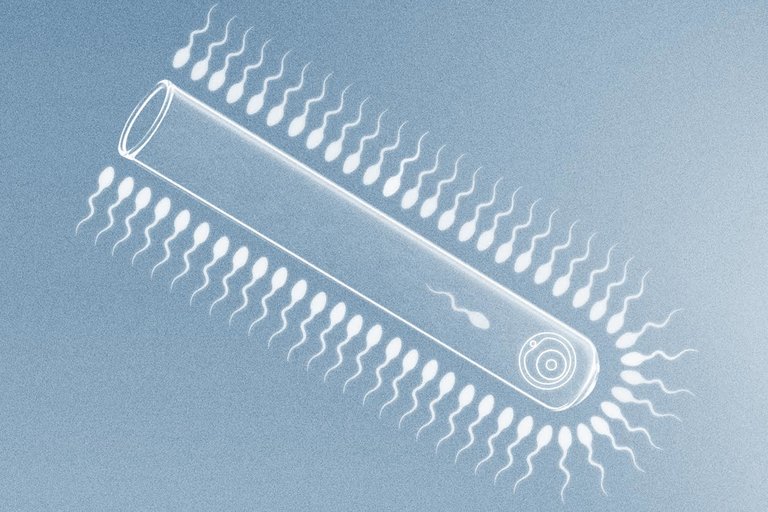10 things to know about being a sperm donor

Dozens of sperm banks across the country recruit men to help them build up a supply of frozen sperm to meet the growing demand from women looking to start families.
It’s a big business. A vial of sperm can cost almost $1,000. But for the men, it’s probably not the quickest route to beer money. And it’s not simple.
Your odds of getting into Harvard or Stanford are higher than your chances of being accepted as a donor at the major sperm banks.
California Cryobank and Fairfax Cryobank, the nation’s two largest sperm banks, take only about one in 100 applicants. Some deal-breakers: a low sperm count, an iffy health history or sperm that don’t do well after freezing.
If you’re short, forget about it.
Most sperm banks aren’t interested in white donors who aren’t at least 5 feet 9 inches, because most of their clients don’t want them. But the bar is lower for members of ethnic groups that tend to be shorter. And given a perpetual lack of African-American donors, height may not be a disqualifier for black donors.
Your love life may take a hit.
Keeping your sperm count high enough to make the grade means at least two — more often three — days of abstinence before each donation. And donors are expected to produce a good specimen once or twice a week, leaving not much time for sex between visits.
You won’t get a quick paycheck.
To prevent the spread of HIV and other diseases, the Food and Drug Administration requires that sperm be frozen for six months, and the donor retested, before it can be used. Sperm banks won’t pay until your sperm is ready for sale and you are added to the donor catalog.
You’ll fill out lots of forms and have lots of tests.
There will be many questions about your sexual history, drug use, goals, hobbies, talents and recent travel (to rule out Zika exposure). You will undergo physical, psychological, personality and S.T.D. screening, and give blood, urine and (uncompensated) semen samples. Your every physical feature will be scrutinized, and you may be asked to provide a childhood or adult photo and write an essay, or tape an interview, to be shared with potential buyers. There will also be genetic testing, the extent of which depends on your ethnicity: Ashkenazi Jews are tested for by far the greatest number of genetic diseases. Some sperm banks tout all that free testing as a benefit of becoming a donor.
Your pay will depend on how often you donate, and how many vials — usually two or three — the sperm bank can fill from each donation.
Compensation varies, but an active donor who produces specimens twice a week might make $1,500 a month. (For buyers, the price per vial ranges from $500 to $900 if the sperm is to be used for intrauterine or intracervical insemination. If the bank also sells sperm for in vitro fertilization, which requires less processing but has a lower success rate, the price is lower.).
You can’t wait for the mood to strike you.
Being a sperm donor is not a weekend hobby. Donations generally have to be made during business hours — at some sperm banks, shortened business hours — Monday through Friday. And of course, you have to live near one of the sperm bank’s offices. Between them, California Cryobank and Fairfax Cryobank have offices in 10 cities, and there are dozens of smaller operations across the country.
You have to make a long-term commitment.
Because they invest about $2,000 per donor in the recruitment and screening process, most sperm banks ask for an agreement that you will donate at least once a week for six months to a year — a lot of sessions in a small room with a modest supply of pornography. And you can expect periodic health checkups.
You’ll never know how many children you have fathered.
There’s no legal limit, but the biggest sperm banks have policies that one donor’s sperm will not be allowed to sire children for more than 25 to 30 different “family units.” But some families may have two or three children with the donor’s sperm, and others may not report a birth, so they would not be counted in that limit. Some men who have joined the Donor Sibling Registry, a site where donors and their children can connect, have been surprised and disturbed to discover that they have dozens of offspring.
You may or may not get to meet them.
Sperm donors usually have the option to remain anonymous, or to agree that the children can get in touch when they turn 18. There has been a growing recognition of children’s rights to know their genetic parents — and recently a trend toward donor willingness to be identified. Even anonymous donors are increasingly being identified by curious children as genetic testing becomes cheaper and more common.
via NY Times
